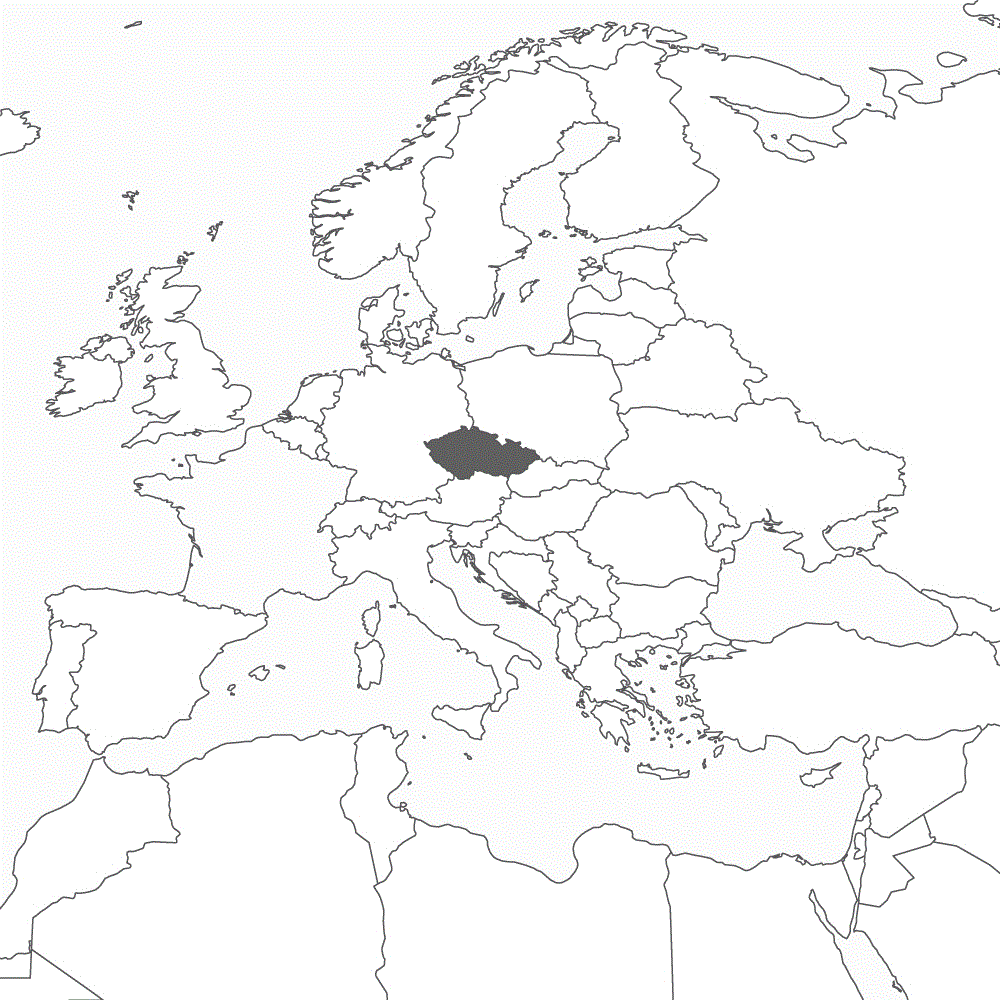History Revision
BERLIN/PRAGUE/PARIS (Own report) The Czech Republic and France are resisting German government plans to create a ,,European Network against Expulsions". As a spokesman for the Berlin government's Commissioner for culture and the media confirmed to the editor of this newsletter, the representatives of the German and several other central European states' governments intend to inaugurate such a network this coming Wednesday (2 February), with the express desire to involve associations of German expellees, who are suspected of being motivated by the desire to turn the clock back. Prague has stated that it will be giving the network a wide berth, even though the issue of the resettlement of the ,,Sudeten Germans" leads Berlin to be in favour of its involvement. Germany is seeking to launch a similar project through the Council of Europe, and French delegates have been sharply critical, arguing that it ,,does not benefit reconciliation between states that were formerly enemies".
,,Expellees" wanted
The European Network against Expulsions is due to be launched by representatives of the governments of Germany, Austria, Hungary, Poland and Slovakia in Warsaw on Wednesday, 2 February. This was confirmed to german-foreign-policy.com by Christina Weiss, a spokeswoman for the Federal Commissioner for Culture and the Media. The Network is intended to function initially ,,at an academic level" and to link together research institutes, museums and other institutions concerned with ,,issues of war and its consequences". Critics suggest that the project is intended to create an equivalence between the resettlement of Germans and crimes against humanity such as the persecution of gypsies (Roma) in Kosovo, and the Armenian genocide, and to declare it, too, to be an ,,injustice". The fact is that the resettlements were decided upon by the victors of the Second World War, and cannot be contested in international law. When asked if the German ,,expellees"' associations could be involved in the Network, which is intended to ,,have an impact on the public", the Commissioner's spokeswoman replied, ,,That is actually what we want."
Rejection
As confirmed to german-foreign-policy.com by Jan Sechter, the deputy to the Czech ambassador to Berlin, the Czech government will not participate in building up the network. He explained that, after 15 years of bilateral talks on the resettlement of the Germans there was no need for further discussions. As long ago as the joint statement with the Czechs of 21 January 1997, the German government had in fact promised that relations between the two countries would ,,not be burdened by political and legal issues from the past" - an undertaking that it has subsequently repeatedly modified and undermined. It is clear from Sechter's statement that the German government is also not prepared to involve the European powers who guaranteed the Potsdam Treaty any say in the establishment of the ,,European Network against Expulsions".1) He also confirmed that Prague had asked Berlin and Warsaw to involve other European states in the project, but that this request had been spurned.
No reconciliation
Last week, in Strasbourg, another attempt by German foreign policy makers to launch a ,,European Centre of Remembrance for Victims of Forcible Expulsions and Ethnic Cleansing" was repulsed - it had been intended that this would be done through the Council of Europe. At a meeting of the Council, German politicians and academics had tried to secure international legitimisation for their aim of establishing the equivalence of resettlements and genocide.2) The reasoning cited in the motion draws on diffuse and generalising assertions, the tendency of which is obvious. For example, it lumps together in one category both the victims of Nazi aggression and those who initiated it, on the basis of both having been ,,affected" by ,,mass movements". This form of words leaves it unclear whether the term ,,mass movements" includes the post-war resettlements in the former Warsaw Pact countries, thus establishing claims in law for which the Czech Republic, among others, might be liable. The motion gained a simple majority but failed to achieve the two-thirds vote it required. The French delegation justified its rejection by saying that the project was likely to reinforce resettled Germans' demands for compensation, and therefore did nothing to foster reconciliation between states that had formerly been enemies.3) The delegation's leader, Bernard Schreiner, also stated that ,,Two different tragedies are being discussed as if they were equal and comparable: deportations to death camps and enforced mass movements."4)
A national option
In the meantime, the Berlin-based ,,Zentrum gegen Vertreibungen" (Centre against Expulsions), which is regarded as an association of ,,expellees", is preparing to mount an exhibition under the title ,,Das Jahrhundert der Vertreibungen" (The century of expulsions). In an interview with the German weekly newspaper ,,Junge Freiheit", which is regarded as extreme right-wing, the Centre's joint president, Peter Glotz (a member of the Social Democrat Party) explained that the exhibition ,,would begin by describing the fate of the Armenians and end with the 'ethnic cleansings' in Kosovo". It is to run in the autumn of next year in Berlin. The foundation is keeping open the option to go it alone on a national level in setting up a Centre against Expulsions in the event of the ,,European" plans coming to nothing.
1) see also Total revision and Potsdam and Versailles
2) Markus Meckel, Karl Schloegel, Stefan Troebst
3) Widerstand im Europarat; Frankfurter Allgemeine Zeitung 26.01.2005
4) Proposal to create a remembrance centre for victims of forced population movements fails to win Assembly's support; assembly.coe.int 27.01.2005
